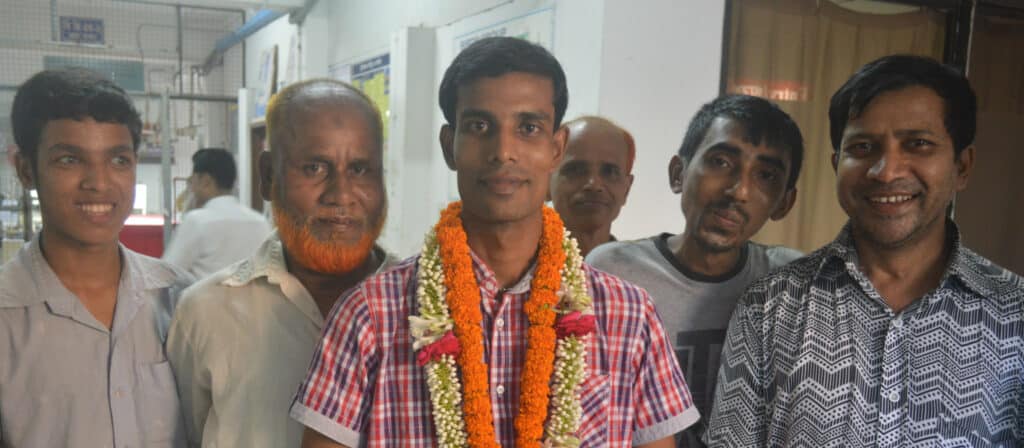
In a first for the country, garment firms in Bangladesh are required to facilitate open elections for workers in factory committees. Better Work is guiding the process.
16 November 2016.
Dhaka – When in 2015 Bangladesh amended its Labour Act to mandate representative worker-management committees in garment factories, it was the breakthrough that Better Work had been waiting for.
“We were always keen to broaden our involvement in Bangladesh, but we will only intervene if certain conditions are in place. One of them is the legal requirement for openly elected worker representation on worker-management committees. So, we made the case to the government. Ultimately, they changed the law and we saw our chance to act,” says Conor Boyle, Global Operations manager of Better Work.
Better Work, a partnership of the International Labour Organization and the International Finance Corporation, a member of the World Bank Group, is a programme that aims to improve working conditions and productivity in the garment industry in developing economies. Bangladesh, with its four million garment workers, was an obvious target.
An essential element of the programme is the establishment of representative worker-management committees called, in Bangladesh, Participation Committees:
“PCs are the key ingredient by which we bring sustainable changes to the factory,” explains Louis Vanegas, Better Work director, Bangladesh. “They are the vehicle by which we begin to empower workers to know their rights and speak up directly on issues that are important to them. Because PCs also have management representatives we in effect create an enabling environment were social dialogue and labour peace is achieved.”
However, in a country where just 300 of the existing 4000 garment factories have registered unions, the idea of openly elected worker representatives having a say in the running of factories was bound to meet some inertia. To build the case, Better Work took advantage of the change to the labour laws and assessed a number of factories already participating in the programme, establishing that they were not compliant with the new law.
From there, it was a question of persuasion, says Vanegas:
“Getting (factory management) to agree that an elected PC in their factory is required was not difficult … However, getting them to agree on the process by which PC formation would take place was more of a challenge.”
Better Work provided the factory with guidelines on the election procedure, including establishing an election committee, and continued to work closely with workers and management to support the process. And, in August and September of this year, workers in 12 garment factories were able for the first time to hold open elections for representation on their Participatory Committees. Although voting was not compulsory, more than 75 per cent of workers cast their ballot.
Building on the success of these elections Better Work aims to encourage democratic worker representation in all of the factories it advises in coming years.